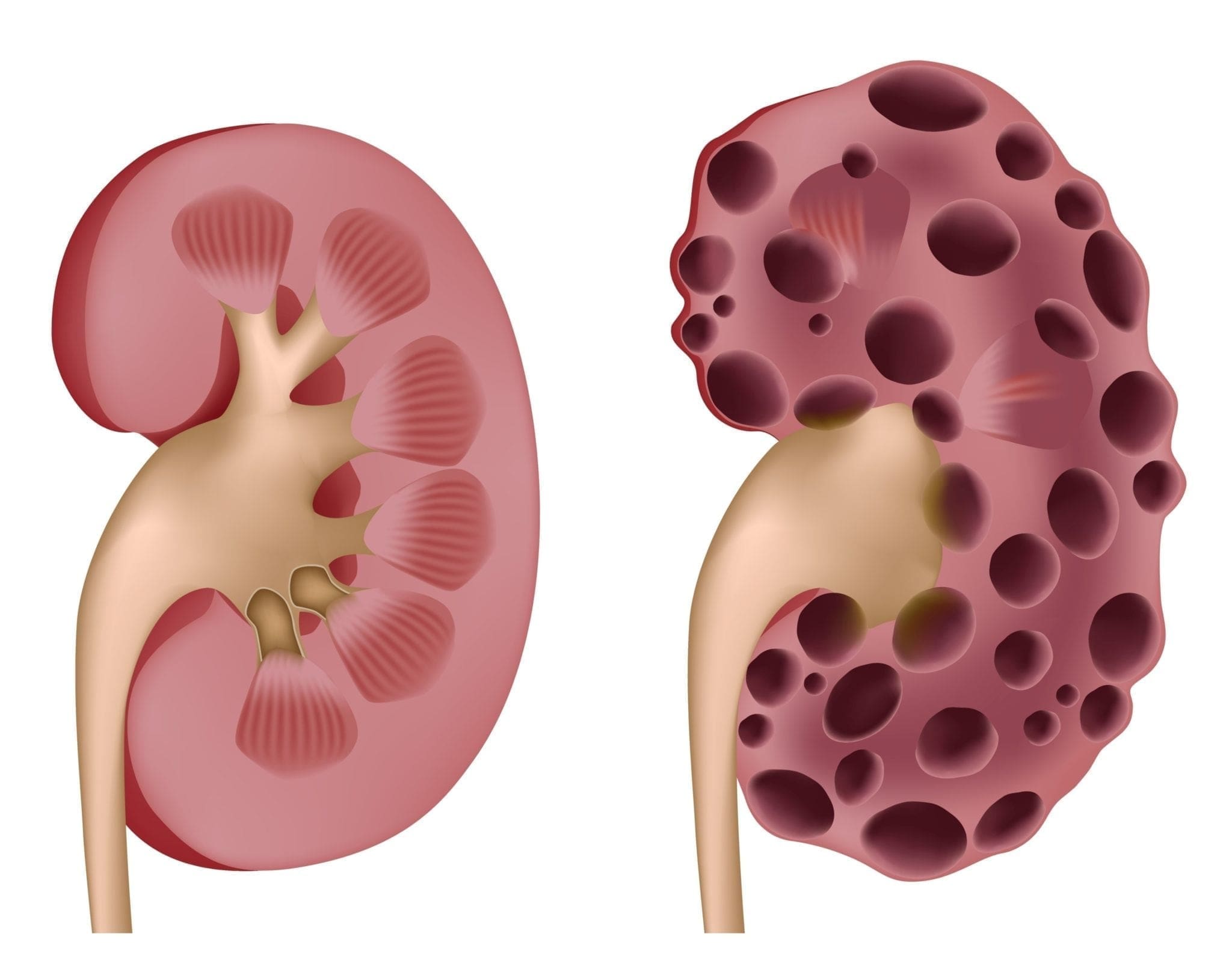Introduction:
Kidney cysts, fluid-filled sacs that emerge on the kidneys, pose a potential concern for individuals across all age groups. While many of these cysts are benign and often asymptomatic, some can lead to complications if left unattended. This article delves into the causes, symptoms, and treatment modalities associated with kidney cysts, shedding light on this prevalent yet frequently underestimated condition.
Causes of Kidney Cysts:
Age:
- Kidney cysts become more prevalent as individuals age. Simple cysts, generally non-cancerous, are particularly common in people aged 50 and above.
Genetics:
- Evidence suggests that a familial history of kidney cysts increases the predisposition to developing them. Genetic factors are thought to contribute to the formation of cysts on the kidneys.
Polycystic Kidney Disease (PKD):
- PKD, a hereditary condition marked by the proliferation of numerous cysts on the kidneys, represents a more severe manifestation of kidney cysts and can lead to kidney failure The full explanation of kidney cysts , and its treatment ,causes, symptoms
Acquired Cysts:
- Some kidney cysts are acquired rather than inherited. Factors such as kidney damage, inflammation, or tubular obstruction can contribute to cyst development.

Symptoms of Kidney Cysts:
Pain:
- Pain or discomfort in the back or side is a prevalent symptom, ranging from dull and persistent to sharp and intermittent.
Frequent Urination:
- Kidney cysts can exert pressure on the bladder, resulting in increased urination frequency.
Blood in Urine:
- Hematuria, the presence of blood in urine, may occur due to the presence of cysts on the kidneys.
High Blood Pressure:
-
- Kidney cysts can disrupt normal kidney function, contributing to hypertension.
Treatment of Kidney Cysts:
Monitoring:
- Small, asymptomatic kidney cysts may necessitate no treatment but should be regularly monitored through imaging studies.
Pain Management:
- Over-the-counter pain relievers may be recommended to alleviate discomfort associated with kidney cysts.

Lifestyle Modifications:
- Embracing a healthy lifestyle, including a low-sodium diet and regular exercise, can help manage symptoms and forestall complications.
Medical Intervention:
- Large or symptomatic kidney cysts may require drainage or aspiration to alleviate pain and reduce cyst size.
Surgical Options:
- Surgical removal of cysts may be warranted in severe cases, particularly if malignancy is suspected or if cysts significantly impair kidney function.
Conclusion:
Understanding the causes, symptoms, and treatment options for kidney cysts is paramount for effective management. Regular medical check-ups, especially for individuals with a familial history of kidney cysts, facilitate early detection and intervention. By staying informed and seeking timely medical attention, individuals can safeguard kidney health and avert potential complications associated with kidney cysts.
